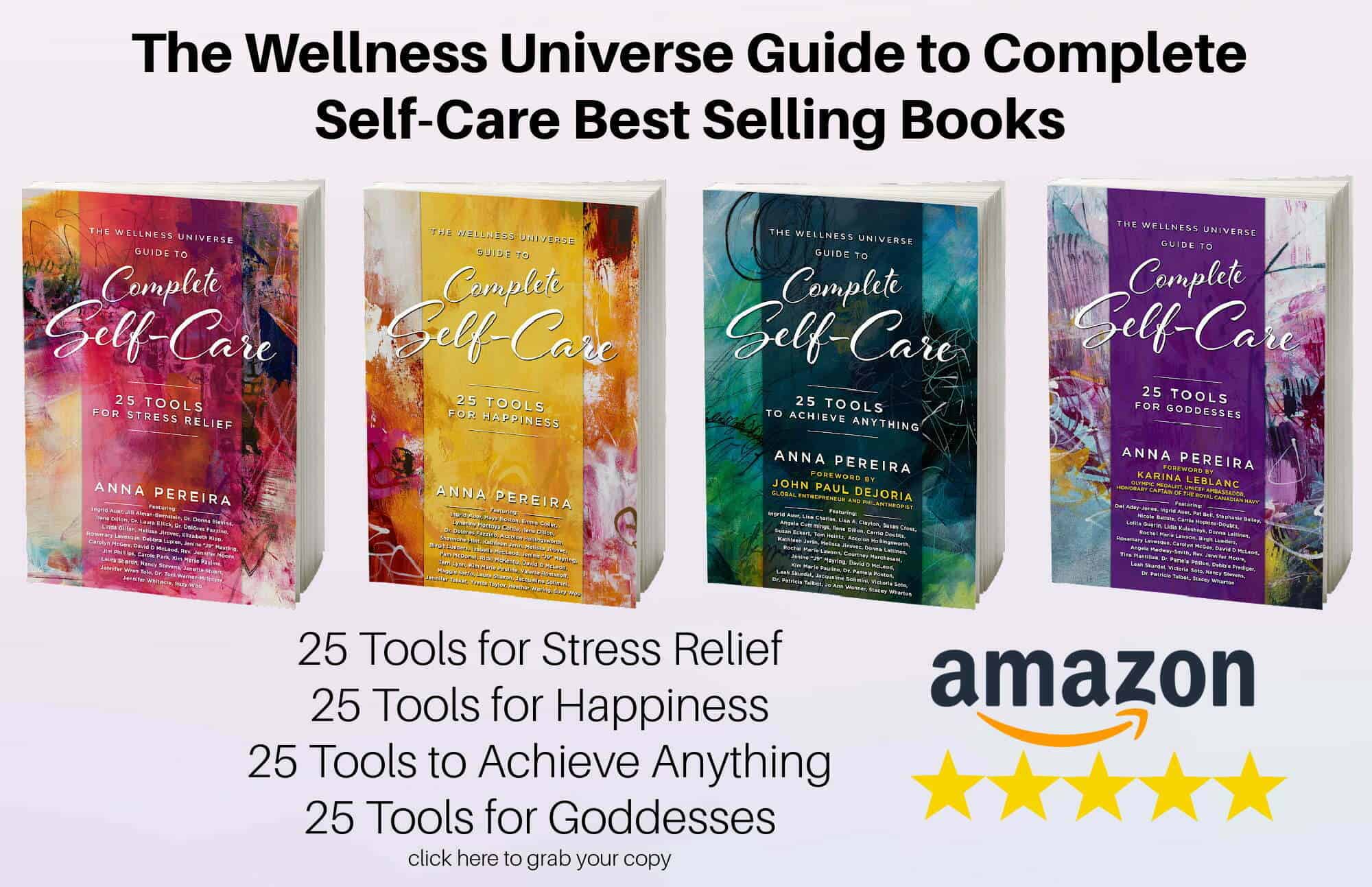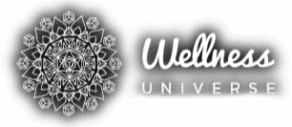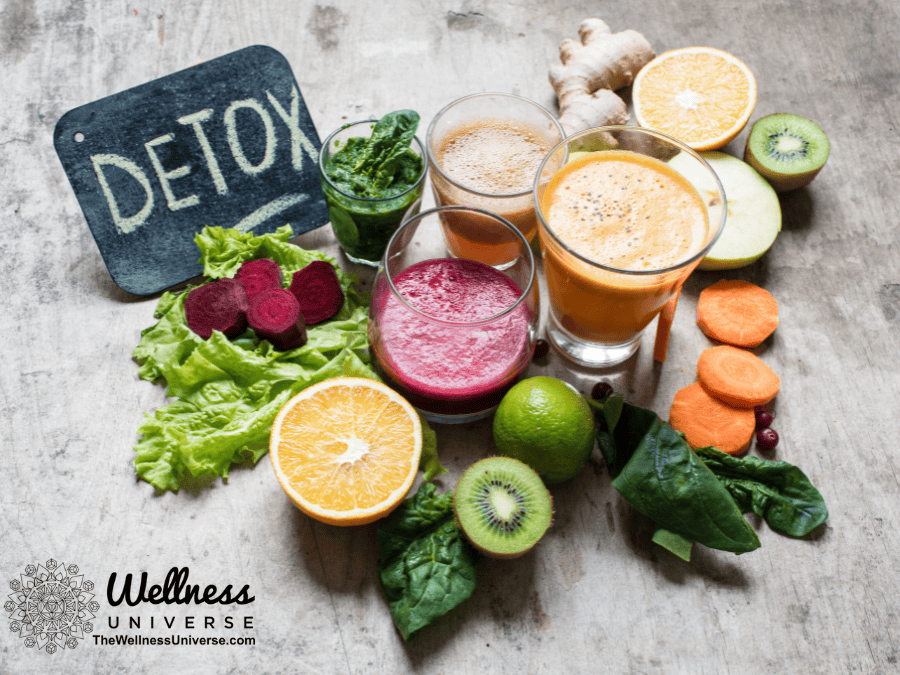Ah, Spring. It happens every year – and with it come thoughts of detoxifying one’s body – at least for some of us who believe in revitalizing from within.
A lovely Jamaican woman once said to me, in her lilting accent, “as my mother would say, it’s time to wash our bodies on the inside.” I couldn’t agree more.
But why wait for Spring?
Here are some suggestions for another way to look at the detox idea, which I highly recommend from a nutritional and very practical points of view.
This involves what’s called living a Mindful Lifestyle.
Mindful Living can be defined as “living with awareness in the present moment… taking care of your actions, words, feelings… having full control over your thoughts, feelings and actions.”
As a nutritionist, what that means is we pay attention, in an ongoing way, to our everyday routines; specifically, to the food we choose to munch on a daily/weekly basis. It also may involve supplements, and without doubt, spending time with Mother Nature, our Spiritual practices, and integrating Gratitude into our lives every day.
It is a holistic attitude for living mindfully or living your best life possible every day. Personally, I think it is a great way to ensure having a pretty darn good life, living with good food, contentment, satisfaction, and aging without regret.
The Mindful Lifestyle
A mindful lifestyle is concerned with habits or establishing a mindset and routine(s) that work for you. For example, a study published in The Lancet Psychiatry found that people who favor an active daytime routine … have healthier sleeping cycles. These, consequently, are associated with better mental health and minimize the risk of developing emotional difficulties.
I believe it most definitely involves your choices of food and drink as well. Both of which affect mental and emotional health and sleep. And can help keep your body mostly free from the gunk or ama, as Dr. Deepak Chopra calls the ‘stuck stuff” that he recommends be cleared out with a quarterly or yearly detox regimen.
We’ll list a few of those foods and the reasons for choosing them for you as we proceed. But first:
When to eat, as in when you are hungry, not particularly according to a clock, is important. I think routines are good for babies and children too. They actually help children feel safer as they know what to expect.
When we eat can also help control our appetites and how our bodies digest food. For example, intermittent fasting (which includes waiting to eat again at least 12–18 hours between your evening meal and your breakfast the next day), has been shown to help with weight control. That’s part of mindful eating.
However, our on-the-go lives, especially as we age, are more complicated with work, family, recreation, exercise, social lives, and everything else in which we love to and/or have to participate.
What is Hunger?
Which brings me to another mindful factor to consider, awareness of what real hunger is. Why our bodies may, or may not, say ‘feed me’ at certain times of the day or night. This is a biggie when so many of us sometimes literally run from early morning ‘til we collapse on the sofa at night.
True hunger may be annoyingly announced by your body’s feelings of when to eat. If you haven’t eaten breakfast or lunch, and it’s 4 or 5 pm or later that afternoon, you probably are experiencing real hunger. It’s a natural response to your stomach and intestines being empty and your body asking for food. You’ve been active, working, or busy and somehow forgot to eat…and you feel and hear hunger pangs, even “growling” – sometimes called “hunger pains”- are a sensation of gnawing or discomfort in your stomach or abdomen. They are caused by contractions in the muscles of your stomach and intestines due to the release of the hormone ghrelin, called the “hunger hormone,” when your stomach is empty.
For your mindful lifestyle, perhaps it may be good to establish certain times to eat meals, especially when a job or obligation gives us certain parameters in which to break bread, and with children and families who want to eat at least some of their daily meals together.
Sharing meals together is one behavior I recommend for couples and families, when at all possible, for several reasons: Dinner together was an established routine when I was growing up. We waited for my dad to get home, learned how to set the table, and helped mom prepare our food. It was the time when we shared some incidents or stories of what happened that day, related family stories, might have asked for help with our homework, and generally were together for an hour.
We all knew dad had to have his coffee with dinner, part of his routine, and my brother and I got to choose, (argue over), who did the dishes that night… Thank goodness we finally got a dishwasher, but one of us still had to clear the table and then load it. Usually, we did it together.
Ok I’m aging myself, but it was a time of mindful routines, and everybody had a part to play. And the food was good. Fresh, frozen or an occasional can of tomatoes were the rules. We always had a salad. Whether it was eaten first, with the meal or after, it was fresh vegetables. And if we began with fruit salad, rather than for dessert, that was even better for our digestive systems.
Digestion and Detoxification
Here is one way to help the natural digestive and detoxification processes in your everyday life:
I’ve had several clients who complained of tummy aches after eating fruit for dessert, especially after a heavy meal comparable to the usual thanksgiving fare: meat, potatoes, maybe green vegetables, maybe a salad, then all the sweets (beside the yams with the marshmallows on top), and THEN the pies or even fresh fruit for dessert. Ouch, there went the mindfulness for the holiday.
One mindful hint is to eat fruit first. Whether it’s fruit or fruit cocktail, eat it first!
Reason: Fruit digests faster than all the other goodies and will often have a tough time getting through the stomach and digestive passages before it starts to ferment – producing gas and indigestion. Either leave time and space between courses, or you may choose, mindfully, not to enjoy all of those goodies until you’re home the next day when you can enjoy your leftovers.
Detox-Eating
As promised, here are several good ideas from a medical doctor and myself, when it comes to a daily-dose-of-detox-eating and helping your body cleanse at the same time.
One of the keys to this method is keeping our liver clean and clear with certain foods so it can do its essential job of filtering and providing your body with the proper digestive enzymes and digestive juices. Some of these may even surprise you.
Coffee: Yup, some studies have shown that coffee can protect the liver as it may lower the risk of cirrhosis and liver cancer.
Tea (Green tea): Green tea has been shown to have liver benefits as it reduces liver enzymes in people with nonalcoholic fatty liver disease (NAFLD) and may lower the risk of liver cancer.
Grapefruit: It is rich in antioxidants like vitamin C and naturally buffers the liver. It may even help with protecting you by helping prevent insulin resistance which can lead to diabetes.
Cruciferous Vegetables: Brussels Sprouts, Broccoli, Cauliflower, and cabbages are excellent sources of glutathione, (often called the “Mother of all Antioxidants”) is one of the main detoxifiers in our bodies. It helps boost your immune system and seems to help ‘recycle’ some of the other antioxidants in the body.
Leafy Green Veggies: Spinach, kale, arugula, and dandelion greens, etc. These are high in chlorophyll, (which I like to call ‘plant blood’). It’s job is to help remove toxins from our blood system.
Fatty Fish: Salmon, mackerel, and sardines contain Omega-3 fatty acids which promote liver, brain, and heart health, and help r reduce inflammation, (a cause of many chronic diseases).
Are you getting the “perpetual natural detox way of eating yet? It’s really chocked full of enough yummy food choices that we can all find some to mindfully consume on a daily/weekly basis to help keep our bodies in good health.
A few more include
Nuts: especially almond and walnuts, which also give us naturally good fats, which are essential for digesting vitamins A,E,D, and K. And that’s another article….
Garlic and Onions: both contain sulfur compounds that help with liver detoxification.
Healthful Oils: yes, there are oils – like extra virgin olive oil for cooking which supports liver function and overall health. Coconut oil may help in reducing cholesterol and stress.
Spices: spices like turmeric, ginger, and cinnamon (and more), provide us with flavorful anti-inflammatory properties that benefit the liver and overall body health.
Cilantro: A favorite herb used in Mexican and middle Eastern dishes, helps with regulating blood sugar and heavy metals.
I hope you’ve gotten some good ideas and suggestions for truly helping your body to “detox on a daily basis” and will begin to be mindful of your food choices. For me, it has become a way of life, and we use many of these foods, herbs, and spices every week, if not on a daily basis.
It’s fun to create dishes and meals using ginger and cinnamon and other rich-tasting spices and herbs, with salads, soups, meats, and all manner of vegetables to spice up one’s life. Get creative and help yourself to live a richer, tastier, healthier, and happier life.
It’s as simple as it sounds to adapt and not feel intimidated by the idea of ‘cleansing’ your system as a drastic period of deprivation to be avoided. It’s all in a day’s way of mindfully taking care of the brain, soul, and that body which houses your beautiful self! Treat it well and the rewards you reap will astound you.
Connect with Ricki on The Wellness Universe.
All information, content, and material are for informational purposes only and are not intended to serve as a substitute for the consultation, diagnosis, and/or medical treatment of a qualified physician or healthcare provider. The information supplied through or on this page, or by any representative or agent of The Wellness Universe, is for informational purposes only and does not constitute medical, legal, or other professional advice. Health-related information provided through this website is not a substitute for medical advice and should not be used to diagnose or treat health problems or to prescribe any medical devices or other remedies. The Wellness Universe reserves the right to remove, edit, move, or close any content item for any reason, including, but not limited to, comments that are in violation of the laws and regulations formed pursuant to the Federal Food, Drug, and Cosmetic Act. None of the posts and articles on The Wellness Universe page may be reprinted without express written permission.
Life Without Limits: Freedom & Success by Healing Childhood Trauma.
Designed for adult children of addicts seeking to understand how their childhood trauma holds them back from their desired success and gives them resources to claim health, happiness, and healing in life.
Register & learn more here –

see how our self-care books are helping thousands of people around the world. Digital and paperback books are available now.
Connect to the people that help you live your best life: The Wellness Universe
25 Years experience as a Functional Nutritionist/Health & Life Coach, Speaker, Author, Chef: Guiding you to wellness naturally with food. Natural, non-drug remedies for reversing chronic maladies.




